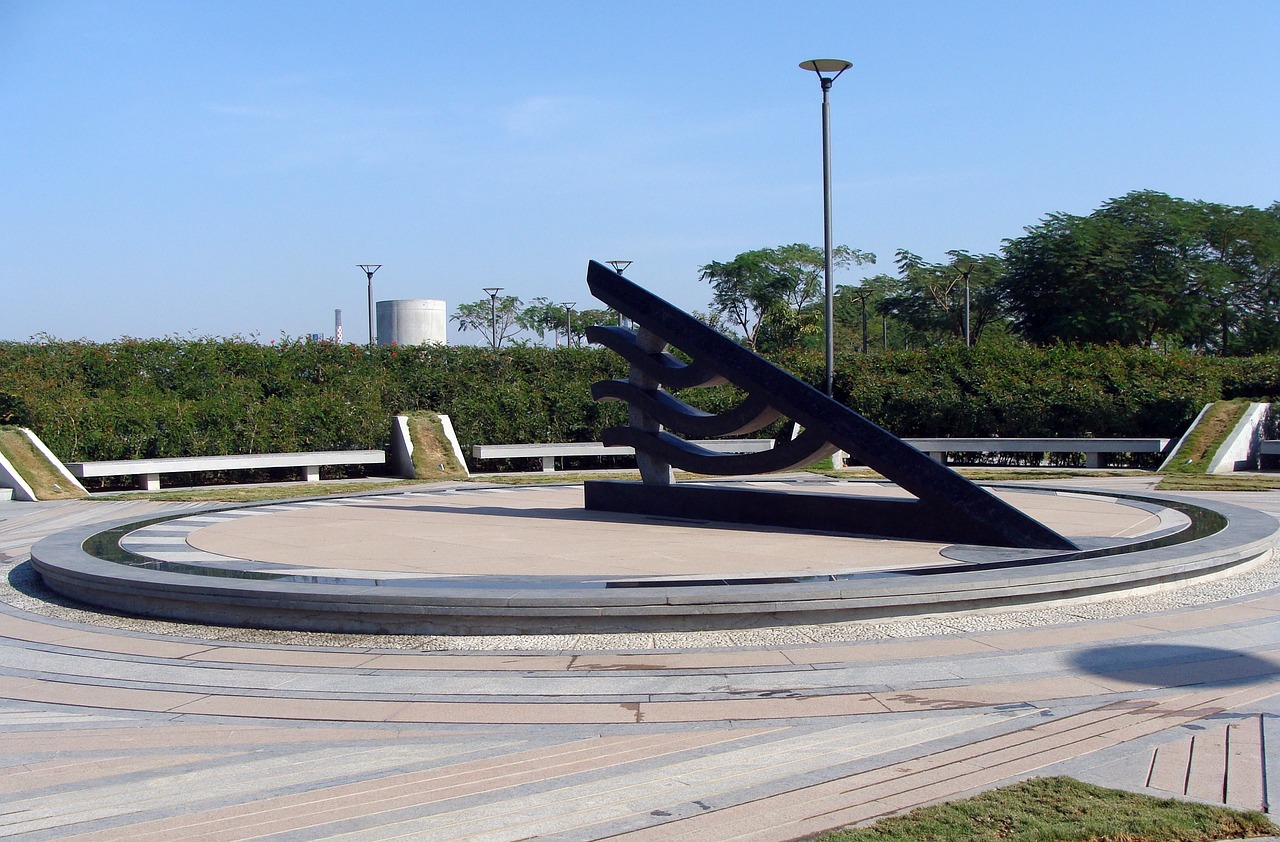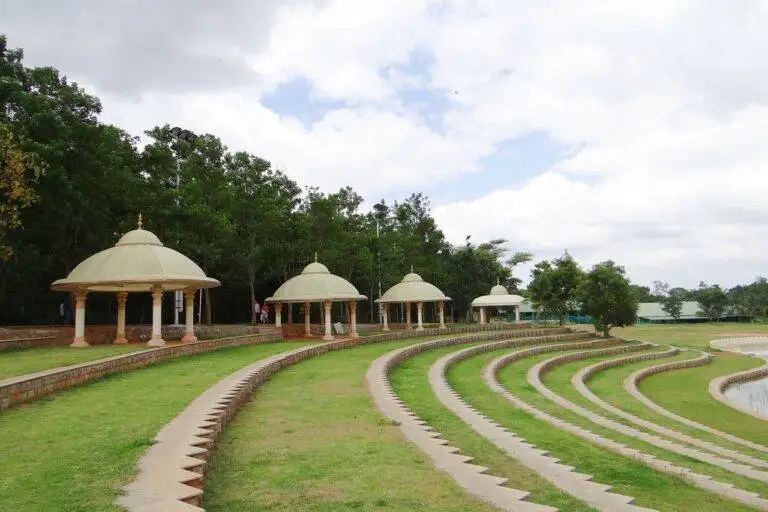Media Training for Addressing Energy Policy: Allpanel mahadev, Lotus 365.fun login, All panel login
allpanel mahadev, lotus 365.fun login, all panel login: The Importance of Media Training for Political Dialogue
In today’s digital age, political discourse is more prevalent than ever before. Social media platforms, news outlets, and televised debates provide a constant stream of information and opinions on political matters. With the rise of citizen journalism and online commentary, it is crucial for politicians to be able to effectively communicate their message and engage in meaningful dialogue with the public. This is where media training comes into play.
Media training is a valuable tool for politicians to learn how to effectively communicate their message in a variety of media formats. Whether it’s a live television interview, a press conference, or a social media post, politicians need to be able to articulate their views clearly and persuasively. Media training teaches politicians how to stay on message, handle tough questions, and respond to criticism in a calm and collected manner.
1. Building Confidence
Confidence is key when it comes to political communication. Media training helps politicians build their confidence and develop their public speaking skills. By practicing mock interviews and role-playing different scenarios, politicians can become more comfortable speaking in front of the camera and delivering their message effectively.
2. Message Clarity
One of the most important aspects of media training is learning how to stay on message. Politicians need to be able to clearly articulate their message and communicate their policy goals to the public. Media training helps politicians develop concise talking points and sound bites that resonate with voters and make a lasting impression.
3. Handling Tough Questions
In today’s media landscape, politicians need to be prepared to answer tough questions from reporters and journalists. Media training teaches politicians how to handle difficult questions with grace and poise, even in the face of aggressive questioning. By practicing different interview scenarios, politicians can learn how to stay calm under pressure and respond to challenging questions effectively.
4. Building Trust
Effective communication is essential for building trust with the public. Politicians who can communicate their message clearly and authentically are more likely to gain the trust and support of voters. Media training helps politicians develop their communication skills and connect with voters on a personal level.
5. Crisis Management
In politics, crisis management is a critical skill. Media training prepares politicians to handle crisis situations and communicate effectively during challenging times. By practicing crisis communication strategies and learning how to navigate tough situations, politicians can better manage crises and maintain their credibility with the public.
6. Social Media Savvy
Social media has become a powerful tool for political communication. Politicians need to be able to leverage social media platforms to reach a wider audience and engage with voters online. Media training helps politicians understand how to use social media effectively, create engaging content, and connect with voters in a meaningful way.
In conclusion, media training is essential for politicians who want to succeed in today’s media-driven world. By building confidence, mastering message clarity, handling tough questions, building trust, mastering crisis management, and becoming social media savvy, politicians can effectively communicate their message and engage in meaningful dialogue with the public. With the help of media training, politicians can become more effective communicators and leaders in our ever-evolving political landscape.
FAQs:
1. What is media training?
Media training is a process in which politicians learn how to effectively communicate their message in a variety of media formats, such as television interviews, press conferences, and social media platforms.
2. How can media training benefit politicians?
Media training can benefit politicians by helping them build confidence, articulate their message clearly, handle tough questions, build trust with the public, manage crises effectively, and become more savvy on social media platforms.
3. How often should politicians undergo media training?
Politicians should undergo media training regularly to stay sharp and improve their communication skills. It is recommended that politicians undergo media training at least once a year to stay up-to-date on the latest communication strategies and techniques.
4. Where can politicians find media training programs?
Media training programs are offered by a variety of organizations, including public relations firms, communications agencies, and media training consultants. Politicians can also seek out media training workshops and seminars to improve their communication skills.
5. How can politicians practice their media training skills?
Politicians can practice their media training skills by participating in mock interviews, role-playing different scenarios, and seeking feedback from communication experts. By practicing their communication skills regularly, politicians can become more effective communicators and leaders.







